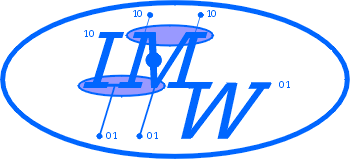INSTITUTE OF MATHEMATICAL ECONOMICS


Matthias G. Raith,
Thorsten Bayindir-Upmann
Abstract
An ecological tax reform is often believed to provide a double dividend if the revenue from green taxes is used to cut other distortionary taxes. We investigate this issue in a general-equilibrium framework with a non-competitive labor market. We show that a decrease in the labor tax plausibly increases equilibrium employment without letting real profits and net wage incomes fall. The resulting positive income effect, however, causes aggregate consumption and thus pollution to rise, implying that environmental quality is lower than before. Hence, a revenue-neutral environmental tax reform aimed at achieving a double dividend is likely to be counterproductive from an environmental perspective.
Keywords: Environmental Tax, Double Dividend, Wage Bargaining

| mraith@wiwi.uni-bielefeld.de | ||||
| List of IMW Working Papers | Members of the IMW | |||
|
Last Update: Monday, 08-Jun-98 13:48:57 METDST©
Michael Borgelt Sending to: 134.76.163.122, Index:2 |